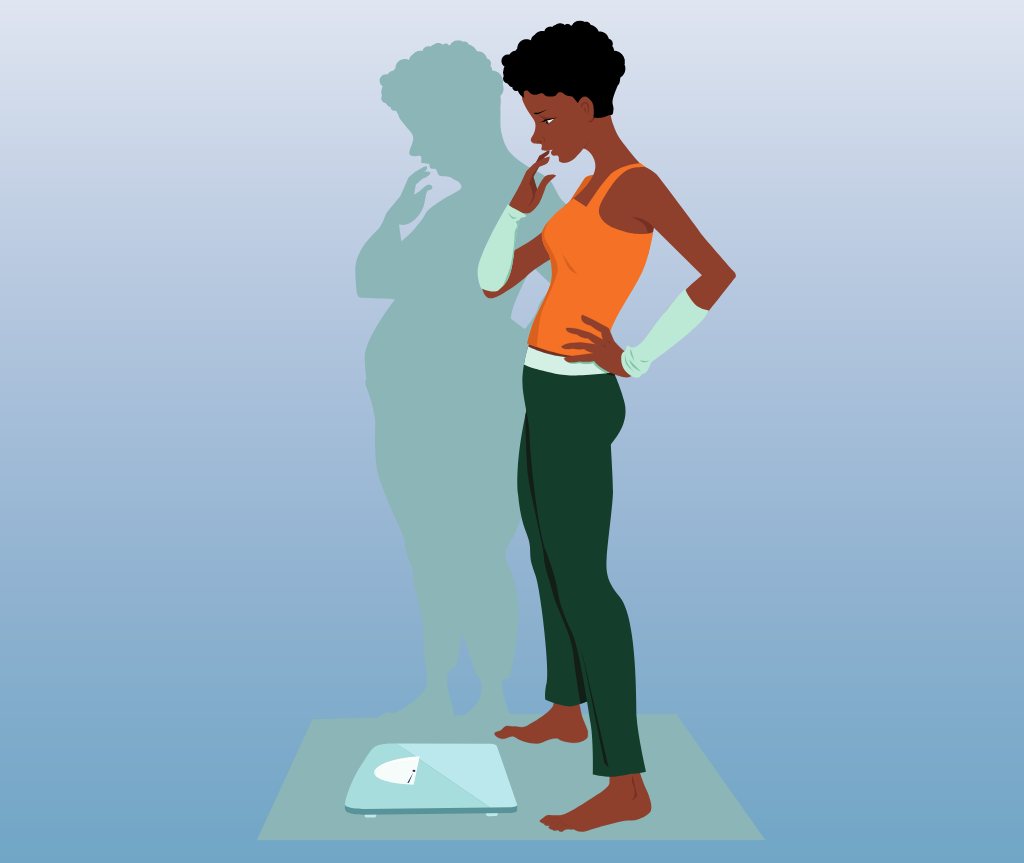Many people are now considering the keto diet because of its health benefits and easy weight loss.
A ketogenic diet has a minimum amount of carbs. Thus, there is a low insulin level following a meal. The low insulin environment switches the energy production from glucose to fats. This process is known as ketosis. The brain swaps its energy source from glucose to ketones.
When you switch to a keto diet, immediate and long-term changes occur in your body. These metabolic changes break down the stored fats in the body. As a result, insulin resistance is improved, and bad cholesterol decreases while healthy cholesterol increases.
Understanding these metabolic and biological changes is essential when on a keto diet.
1. Keto Breath
Following your meal plan, your body is in ketosis and produces several ketones: acetoacetate, acetone and beta-hydroxybutyrate. The acetone is responsible for keto breath, mostly fruity smelling.
This is one of the reliable signs of ketosis, indicating that your diet is working.
2. Keto Flu
Keto flu is a collection of symptoms that appear during the first week of keto meals. You can get headaches, fatigue, irritability, sleep disturbances, and constipation. There can be a whole lot of these symptoms or some.
The keto flu was worrisome initially, but these symptoms gradually subsided with time.
You need to drink plenty of water and maintain oral hygiene, but not give up your plans.
3. Increase Thirst and Frequency of Pee
You are also likely to feel a dry mouth, increased thirst, and need for frequent urination during ketosis.
The main reason for increased urination is that the glycogen stores in the body during ketosis are broken down, releasing water.
Along with increased urination, electrolytes such as sodium, potassium, and magnesium are lost. So, drinking plenty of fluids is needed to hydrate yourself, even if you need to increase bathroom visits.
4. Weight Loss
Studies have shown that weight loss is a sign that the keto diet is working, but there are a few things to consider.
Initial weight loss is due to loss of carb stores and dehydration. This is because carbs are stored as glycogen. When used, glycogen needs three water molecules for every molecule of glycogen.
When you continue the keto diet, subsequent weight loss is due to the loss of fats due to calorie deficit.
Although this can be used as one of the signs of ketosis, it takes several weeks to identify whether your diet is effective.
5. Less Hunger and more Energy
When you’re in ketosis, your body starts breaking down fat molecules and converting them into ketone bodies. Then, these are used as an alternative fuel source by the liver.
This means that when you’re on a keto diet, your body will burn more calories and increase its metabolic rate than it would otherwise.
The result? Less hunger and more energy. You’ll probably find yourself skipping meals because they no longer sound appetizing.
6. Digestive Upset
Indigestion. If you’re experiencing heartburn, acid reflux, or any other digestive upset, this may result from your low-carb diet.
Nausea. You might experience nausea when you start eating fewer carbs and more fat. Don’t worry—it should pass with time or by adjusting your macros (more on that in a minute).
Diarrhoea. When people talk about keto flu, they often mean having loose stools during the first few days on a low-carb diet—or even longer, depending on how quickly your body adjusts to burning fat for fuel instead of glucose from carbohydrates in foods like bread, cereals and pasta.
7. Appearance of Ketones in the Urine
When the body burns fat instead of glucose, it produces ketones as a byproduct. You can test for these excess ketones by testing your urine with a urine strip. If you’re in ketosis and have been following your diet right, the strip will turn colour, indicating that you have enough ketone bodies in your system to be considered “in ketosis.”
If you don’t have any colour yet on your test strip, don’t worry—it usually takes 2-3 days before this happens after starting on a low-carb diet. But once it happens, you’ll know everything works according to plan.
8. Improved Glucose and Fat Metabolism
Type 2 diabetes results due to insulin resistance. Obesity is one of the main reasons for insulin resistance.
A keto diet reduces body fat, resulting in reduced insulin resistance.
Studies have shown that the keto diet helps to improve good cholesterol and HDL levels and reduces bad cholesterol (LDL level).
Several studies have also shown the positive effect of the keto diet on improved metabolic functions, reduction of body fats, weight loss and insulin resistance.
Improved blood lipids and glucose metabolism are healthy signs of ketosis.
The Bottom Line
The signs of ketosis can be challenging to interpret, but they’re also the most important ones to look out for.
You can notice the change in your breath, thirst and hunger levels. The presence of urine ketone bodies is a definitive sign of ketosis.
You know your effort has yielded benefits if you see any of these signs.



